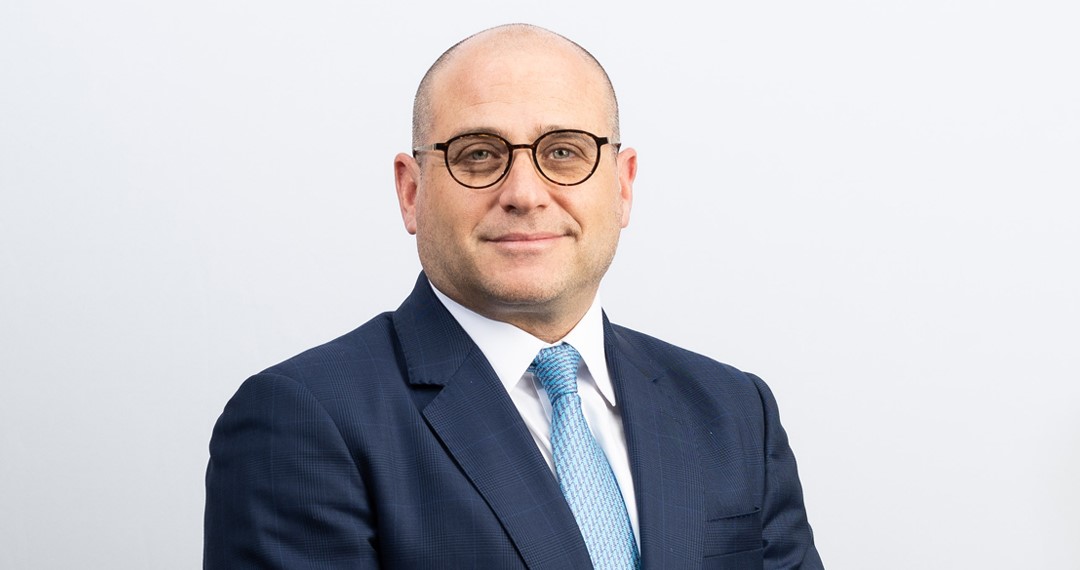
Within non-banking lending itself, capital deployment is evolving with a shift towards more niche strategies, such as real estate debt. Investors are drawn to the security of real estate assets and the potential for higher returns, indicating a diversification of interest within the broader lending category. When compared to other private debt strategies like distressed debt, special situations, mezzanine, and venture lending, ABL often present a more conservative risk profile. While strategies like distressed debt may offer higher returns, they come with increased operational complexity, involving investments in companies facing financial or operational difficulties requiring specialised skills in areas such as corporate turnaround, bankruptcy law, and high-risk investments. Venture lending, targeting early-stage companies, often in the technology sector, offers high growth potential but carries higher risk due to the unproven nature of these businesses and the lack of solid collateral. This is reflected in investor sentiment with the two most favoured private debt strategies being direct lending (60%) and distressed debt (51%), when asked which funds present the best opportunities in the next 12 months.[i] Furthermore, direct lending’s low correlation with traditional equity and fixed-income markets makes it a valuable tool for portfolio diversification.
As we look forward, the prospects for ABL and real estate debt are promising, with expectations of continued AUM growth and strategy sophistication. With a deepening understanding of alternative lending among investors, innovation could lead to the creation of more customised fund offerings, designed to align closely with individual investor requirements. This evolution is likely to include a greater focus on sector-specific lending, enhanced risk management strategies, and innovative financing structures.
Private debt lending serves as more than just a financial tool; it also acts as a key driver for economic and social change. In Europe, where elevated debt levels constrain government investments, private capital, plays a vital role in bridging the investment gap. This is especially critical in supporting the transformation of Europe’s mid-market, the linchpins of the European economy. With only a minimal portion of their external financing currently sourced from private markets, there is a substantial opportunity for ABL and real estate debt to make a significant impact in sectors like digital transformation, supply chain fortification, decarbonisation, brownfield regeneration and urban repurposing, logistics, and healthcare.
Despite its growing popularity, private debt lending is not without its challenges. The increasing competition in the market could lead to compressed yields and higher risk-taking. Moreover, the evolving regulatory landscape could impact the operations of non-bank lending funds. However, these challenges also present opportunities for innovation and the development of more sophisticated investment strategies. The use of advanced analytics, artificial intelligence, and machine learning can enhance asset selection, due diligence, risk assessment, and portfolio management. This technological integration could lead to more efficient operations, better risk-adjusted returns, and a more personalised approach to lending.
In conclusion, direct lending, and in particular ABL and real estate debt have become leading strategies in private debt, offering stability, attractive returns, and portfolio diversification. As the landscape continues to evolve, these types of funds are poised to adapt, playing a crucial role in the broader economic fabric and potentially driving significant transformations across various sectors. The future of lending without involving traditional intermediaries like banks looks promising, with its potential extending far beyond financial returns, impacting economies and societies alike.
[i] Preqin, The Future of Alternatives 2028
[ii] Ibid.
[iii] Preqin, Alternatives in Europe 2023
[iv] Ibid
Source: Arrow Global Group
